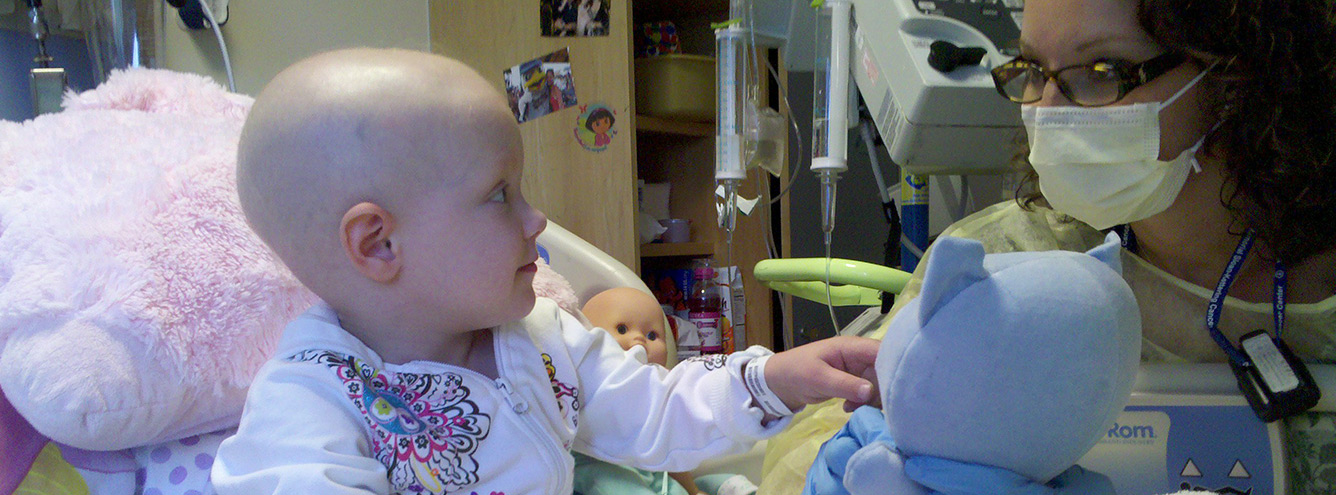Older children need to be actively engaged and supported in living with a special eye.
You can help your child find his own unique strategies to cope with his special eye, to embrace it and live well with it.
Use the techniques below as a guide. Ask a child life specialist at your hospital for support if you feel you need additional help.
Also, don’t be afraid to ask your child what he needs. Many children already have an idea of what can help them, but often need an invitation or “permission” to express their thoughts and feelings.
Reduce Stress
Older children need to know what is happening and what will happen next. You can reduce your child’s anxiety by giving accurate age appropriate information about each step in the procedure relating to his special eye.
Give your child choices, wherever possible. This validates his feelings and fosters belief in his ability to make decisions about his medical care. Some examples include: “would you like to remove your special eye yourself or would you like Daddy to do it?” or “would you like to sit on the examination chair by yourself, or on Mommy’s lap?”
Boost Self Confidence
As children grow older and are more aware of their special eye, they may experience incidences or embarrassment about their special eye. They may have some fear of these potential incidences, even if they haven’t actually happened.
Social inclusion is so important to children. Fostering confidence and pride about your child’s special eye will help him be successful in his interactions with peers and adults in public.
Prepare and practice some basic responses, or scripts of what to say about the special eye when people ask. This promotes mastery and ensures your child will feel comfortable responding when he is at school or elsewhere, without your support.
Keep these scripts simple by including “just the facts”. This will free your child to choose whether he explains more, if he wants to and feels comfortable doing so.
An example might be “my eye was sick so the doctor took It away to make me better, and gave me a special pretend eye instead”.
Boost Self Esteem
Creating a self-published book is an excellent activity to help children feel proud and empowered about their special eye. An “I am….” or an “I can….” Book depicts all the wonderfully positive qualities, abilities and strengths of one child.
This encourages your child to identify and illustrate all sorts of great things about himself, helping to boost his self esteem and confidence.


